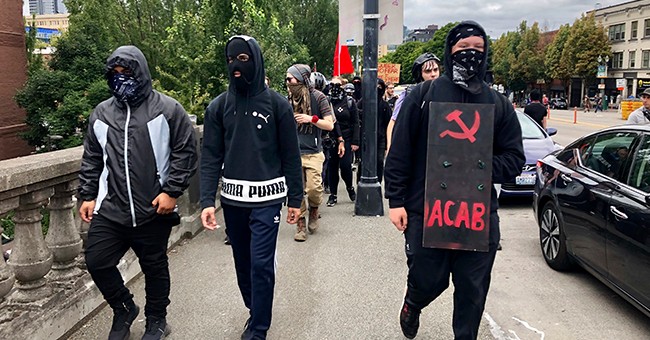
Watching Chrissy Teigen and Justin Timberlake suggest people give money to help bail “protesters” out of jail if they found themselves arrested over the last several days of rioting has been something of a study in just how far removed celebrities are from how this country and her legal system work.
Once Trump declared his intent Saturday to name antifa a terrorist organization — thought by many observers on the ground to be one of the main groups responsible for inciting the looting and rioting — celebrity calls to provide material support through bail donations began to look a lot different since providing material support to a named terrorist group violates federal laws such as the PATRIOT Act. Basically, if someone wanted to make that case, it’s not outside the realm of possibility they could.
Oops.
The terrorist designation also makes prosecution under the Racketeer Influenced and Corrupt Organizations Act (RICO) much easier, something Texas Republican Senator Ted Cruz has been pushing since last July when he wrote a letter to Attorney General Bill Barr asking the DOJ to name antifa a terrorist group.
Barr and the Trump administration took Cruz up on his suggestion Saturday.
Attorney General Barr’s statement on rioting, the role of the Department of Justice, and Antifa.
“The violence instigated and carried out by Antifa and other similar groups in connection with the rioting is domestic terrorism and will be treated accordingly.” pic.twitter.com/6aKElRYZdR
— Kerri Kupec DOJ (@KerriKupecDOJ) May 31, 2020
Under RICO, as Washington Examiner investigative journalist Kerry Picket notes, any group associated with antifa can be charged.
If ANTIFA is designated as a terrorist org, anyone associated with the grp, could be prosecuted under the RICO statute.
— Kerry Picket (@KerryPicket) May 31, 2020
In fact, RICO allows individuals who support these groups to be charged right alongside members of the group who actually commit crimes on the ground. And RICO does something else: it can go after the property and money of those connected to these groups.
Alongside criminal actions, RICO permits private plaintiffs and the government to seek redress in a civil action. Indeed, perhaps the most controversial aspect of RICO is that the government can seize and confiscate what it deems to be the proceeds of crime through the civil courts. RICO allows the government or a private citizen to file a civil suit requesting the court to order the forfeiture of assets, to impose sanctions, or to provide injunctive relief against an individual or organization involved in a “pattern of racketeering.” The civil action provisions of RICO can: force a defendant to forfeit any interest in property, restrict a defendant from engaging in certain future activities or investments, or dissolve or reorganize an enterprise. These penalties were intended to address the economic roots and organizational infrastructure of ongoing criminal conspiracies.
With respect to asset forfeiture, the state can seize property without notice upon an ex parte application of probable cause that the property is associated with criminal activity. In this case, criminal charges need not be provided against a defendant. In contrast to criminal prosecutions, where the burden of proof is beyond a reasonable doubt, only the lesser standard of proof—a balance of probabilities—is required under the civil provisions of RICO. The attraction of this approach is that the onus of proof is shifted to the defendant, who must prove that the assets were acquired through legitimate means. Civil RICO injunctions can prohibit individuals from owning or becoming involved in certain legitimate or illegitimate businesses or activities. Moreover, if successful, the victim may be able to recoup treble damages (that is, the defendant must pay to the plaintiff three times the amount of damages, as well as legal expenses, that have been determined by the court).
This could get very interesting if an overtly direct link is ever discovered between billionaire lefty money men like George Soros (it’s become legend that he finances antifa, but the association is loose, probably intentionally) and one or more of the many groups antifa co-opts and organizes/pays to riot and loot in the name of anarchy.
Some journalists, like this gentleman with the New York Times, would have Americans look away from this extraordinary news that will likely lead to success quelling the attacks-from-within the nation is currently facing.
Waste no brain cells on this. Antifa is a vaguely defined movement of people who like direct-action protest tactics, not an actual organization. Even if it were a real group, the law that lets the government deem entities as terrorists only applies to foreign orgs. https://t.co/zXYjI16ymB
— Charlie Savage (@charlie_savage) May 31, 2020
Poor Charlie still operates under the belief that Trump is very, very under-informed by less than capable advisors. He would do well to change that belief. The ACLU has acknowledged on its website the PATRIOT Act has expanded its definition of terrorism to include domestic terrorism.
And then there’s this.
Seems important to note that President Trump did not use the word "Domestic"
Antifa, by their own declaration, have said they are international.https://t.co/O7DIrf13oZ https://t.co/b0OfEbHaTb
— Jeff Carlson (@themarketswork) May 31, 2020
Will naming antifa a terrorist outfit immediately stop the rioting? Maybe not totally. But it should scare those flying in and taking money from the hammer and sickle crew enough to quiet the chaos until law and order is returned to city streets.
And, best of all, it seems to have shut Chrissy Teigen’s foolish mouth, at least for the time being.
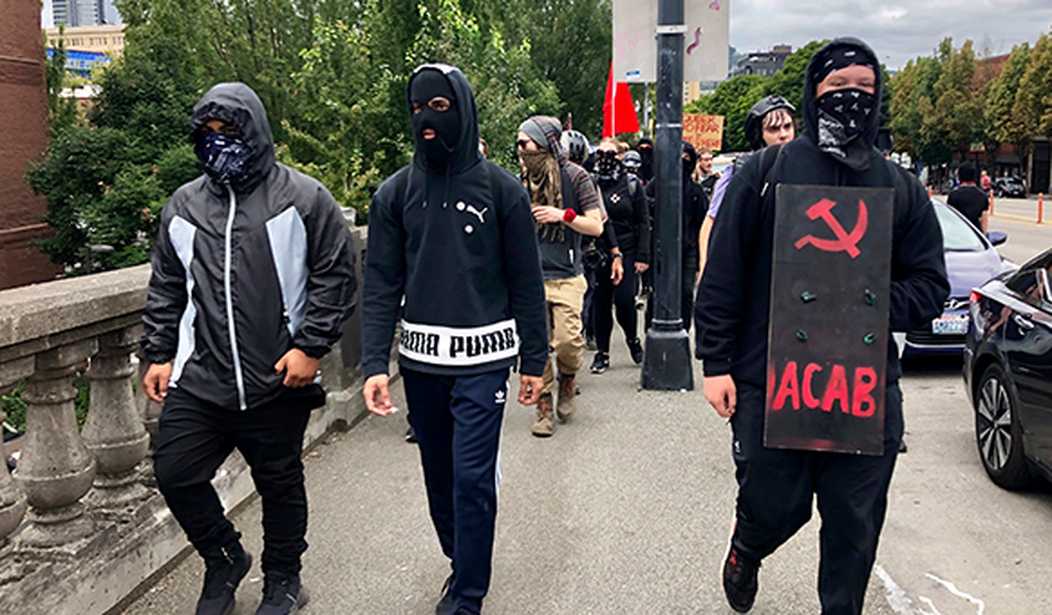




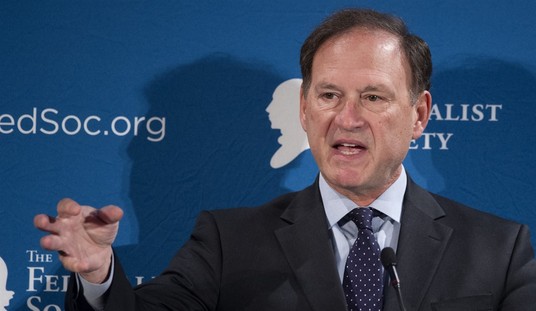



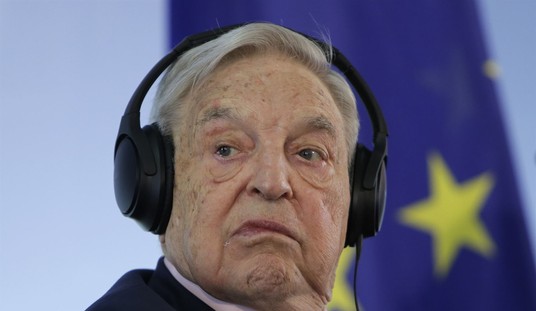
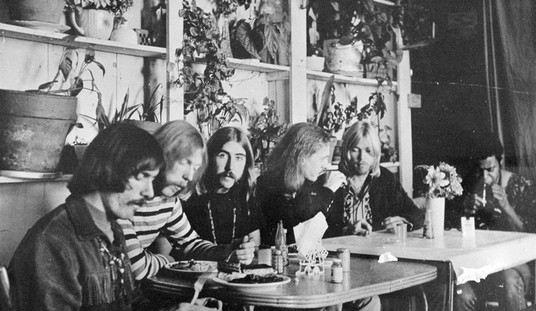
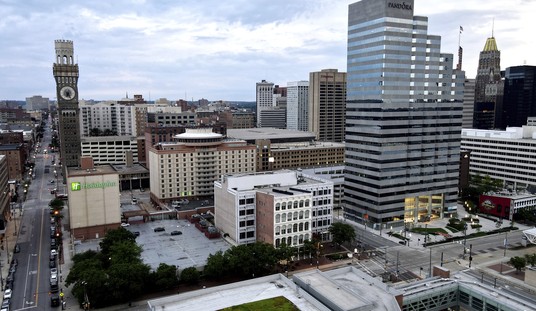

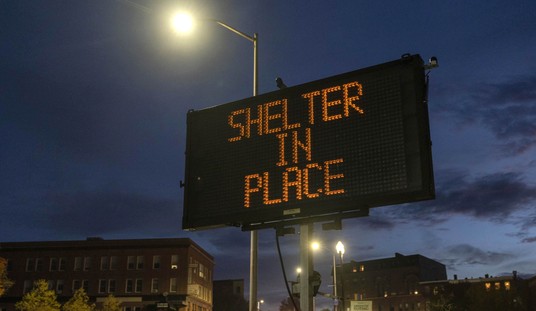
Join the conversation as a VIP Member